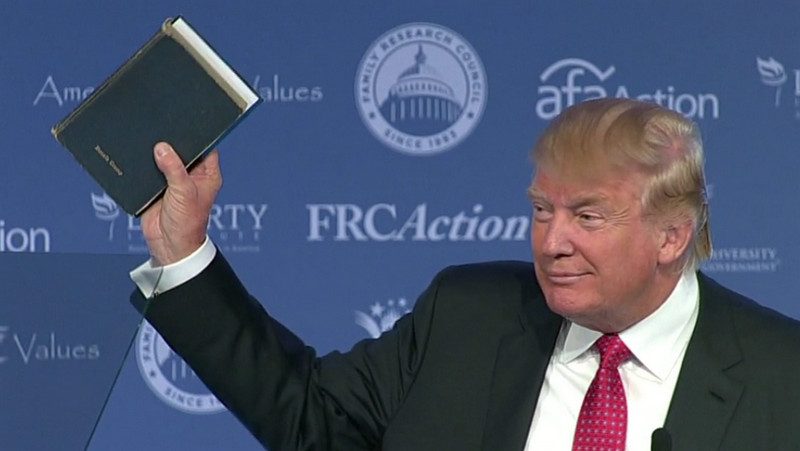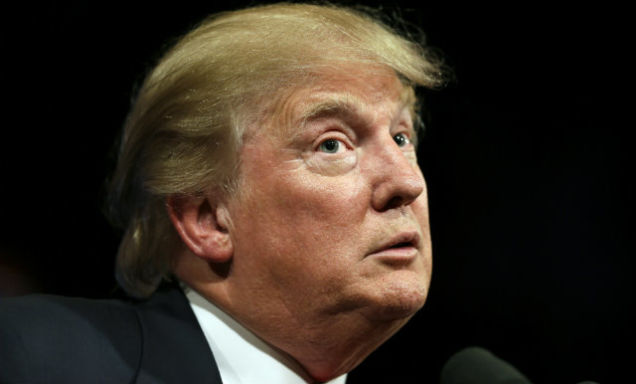Just before President Trump’s international trip to the Middle East and Europe, 60 Religious Right leaders released a letter calling on him to move the U.S. embassy in Israel from Tel Aviv to Jerusalem. The Republican Party’s 2016 platform, heavily influenced by the Religious Right, makes a similar call.
Religious Right leaders are among Trump’s biggest boosters, but they are not happy that he has hesitated to fulfill his campaign promise to move the embassy. A U.S. law passed in 1995 called on the embassy to be moved, but allowed the president to waive the requirement as a matter of national security, something every president since then has done. “It is time to end America’s doublespeak,” says the letter. During his presidential campaign, Trump promised to move the embassy, but he has since waffled on the issue. Reuters reported on Wednesday that Trump will not make the move during his trip but that it is still part of his long-term agenda.
Liberty Counsel’s Mat Staver was among the signers. “To not recognize Jerusalem as the capital of Israel contradicts the Bible, history and present-day reality,” he said in a press release on Wednesday. “Refusal to recognize Jerusalem is anti-Semitic.”
Staver said Trump’s visit to Israel would be “an ideal time” for him to announce the move. Staver and others have noted that May 24 will mark the 50-year anniversary of the unification of Jerusalem, when Israel took East Jerusalem from Jordan in the Six Days War.
Religious Right activist Star Parker echoed Staver’s call in a column for the American Family Association’s One News Now. She said her group, CURE, signed what she called a “strategy paper” from the International Christian Embassy Jerusalem. “The paper quickly gets to the heart of the matter, saying that hesitance to recognize Jerusalem as Israel’s capital, because of ‘fear of Islamic backlash,’ is not policy ‘based on principle, fairness and historical right, but it is based solely on weakness and fear.’”
Other reported signers include Gordon Robertson, John Hagee, Jerry Johnson, Penny Nance, and James Dobson.









